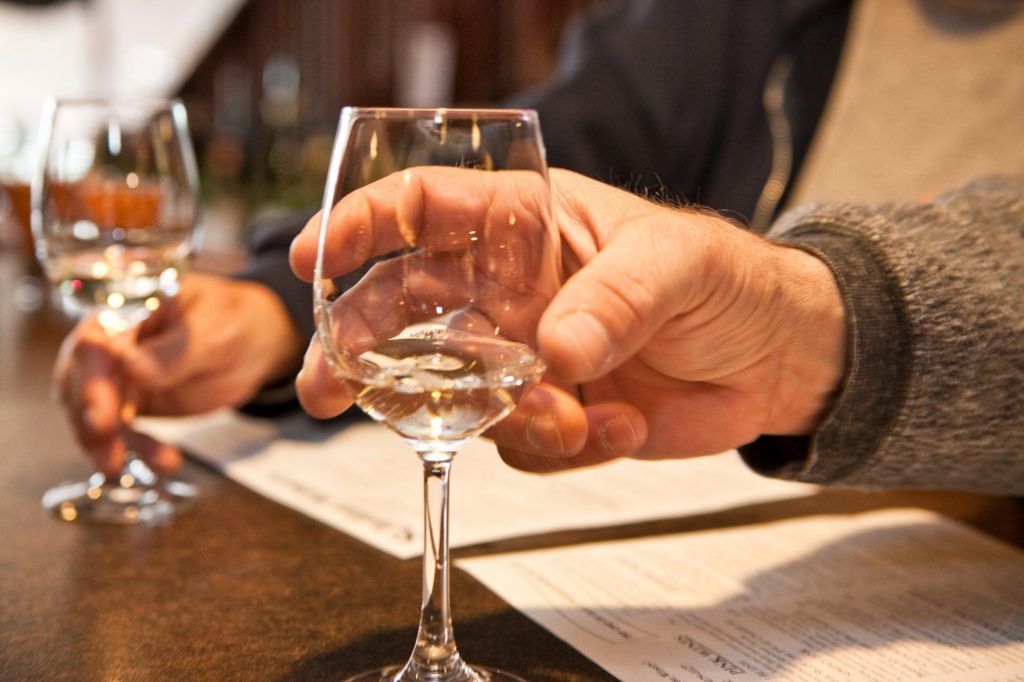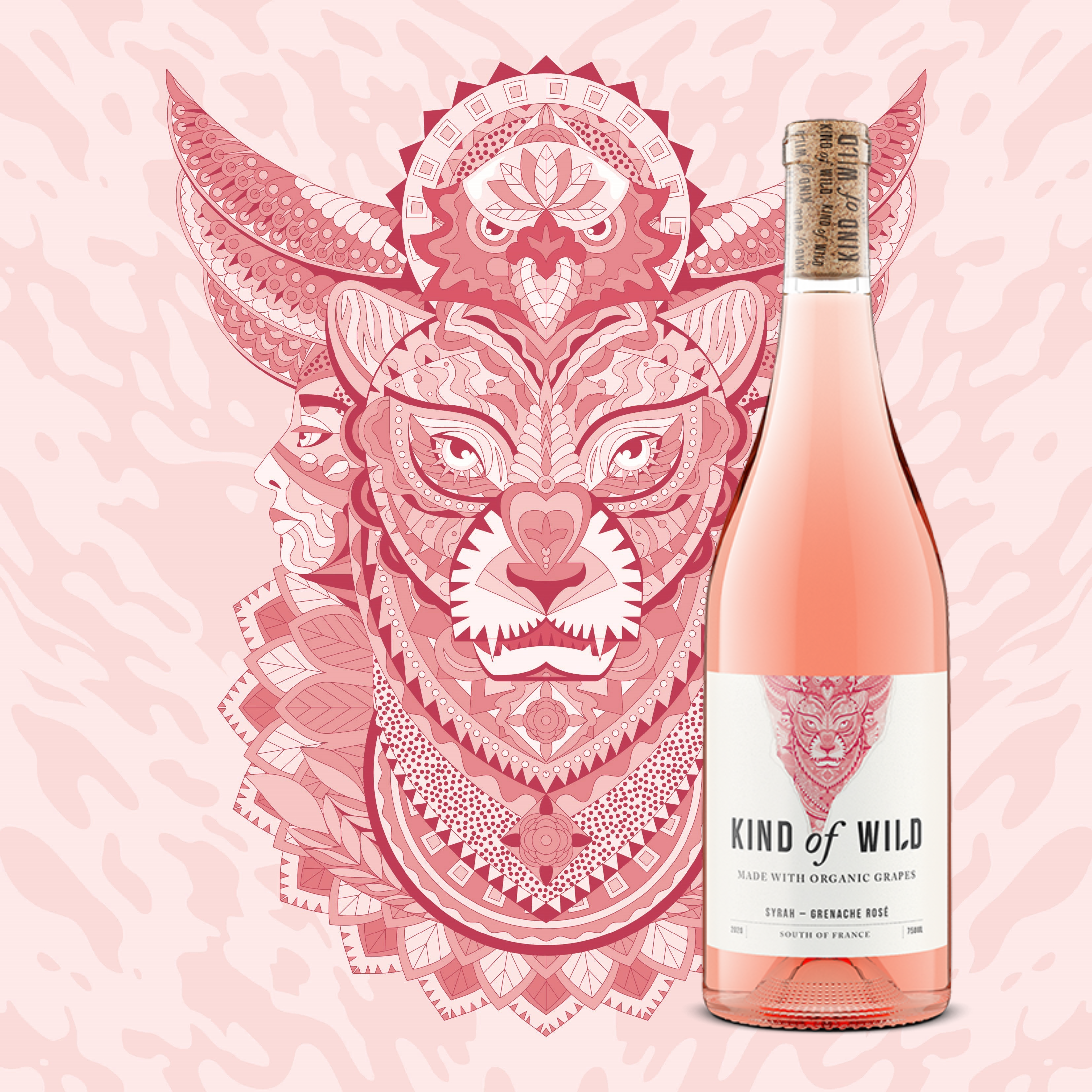Why Are Some Wines Not Vegan?

There’s more to the story about what you’re sipping, however. You may have noticed more recently that certain brands are promoting their “vegan” status on the label. While it might seem like it is common knowledge that the beverage doesn’t include big pieces of animal protein, this isn’t just a marketing strategy. (A marketing strategy like the crackers who tout loudly that they’re “plant-based” or yogurts that say “gluten-free” to try to grow their customer base due to growing interest in those areas, even though they’ve always fallen under those categories.)
Some wines are actually created using animal products during the fining process. Read on to learn more about why, plus how to find vegan wines if you or one of your dinner companions is following a vegan diet.
Why Aren’t All Wines Vegan?
After grapes are harvested, they’re pressed into juice. This grape juice isn’t just juice — it also contains smashed seeds, stems, and skins from the fruit, which can work their way into the wine bottle and lead to sediment, more bitterness than the winemaker might desire or another “off” flavor. All young wines appear a hint hazy, and include small, natural proteins, tartrates, tannins, and phenolics.
Since most wine drinkers expect their glasses to appear vibrant and sediment-free, a good portion of winemakers choose to fine their wine. Not all wine undergoes fining, though. The juice can also be filtered to strain off some of these particles, but the fining process is most effective at dialing in the smallest factors that impact the flavor.
Fining can dramatically impact the tannin level in wine. (Tannins, by the way, are the plant-derived polyphenols that offer the astringent quality in certain wines. They’re prominent in certain thick-skinned red wines, especially those that are aged alongside their skins, stems, or seeds. Orange wines and rosé wines often have low levels of tannins, since they’re often aged for a short time with their grape skins. White wines rarely have noticeable tannins.)
Wine that has time to age can generally clarify itself naturally over time. However, it can be pricey for winemakers to sit on bottles they’re not earning money on, so fining wine is a good option to speed up the process between grape and your glass — which also makes it more affordable for consumers.
What Happens During Wine Fining, Exactly?
To fine, winemakers incorporate a fining agent to the fresh-pressed grape juice (AKA grape “must”) or to the wine itself after it has fermented. The fining agent then acts like a magnet of sorts. It attracts those small extraneous molecules we mentioned, which gather up around the fining agent and can then be more easily removed.
The most common fining agents used today include:
- Casein, a milk protein
- Gelatin, a protein found in animal bones and hides
- Chitosan, a carbohydrate found in crustacean shells
- Albumin, egg whites
- Isinglass, a protein found in fish bladders
- Poly-vinyl-poly-pyrrolidone (PVPP), a human-made plastic
- Bentonite, purified clay
- Activated charcoal, a carbon
Each of these might be chosen based on the wine “flaw” the winemaker is hoping to resolve. As you can see, some of these fining agents are animal-derived. Although the fining agents and the molecules they pick up are removed from the wine before the wine is bottled, trace amounts of the fining agent may be absorbed into the wine.
Currently, wine brands are not required to list their fining agents or vegan/vegetarian status on the label. Many who adhere to vegan or vegetarian practices, or those who do not fine their wines, are beginning to promote this.
Since fining practices vary from vineyard to vineyard, and occasionally from year to year, the best way to tell if a wine is vegan is to ask the winemaker. The importer or seller may know, and this information may also be listed on the website.
Where to Buy Vegan Wine
Check out the BevVeg! database for a list of vegan-certified wines, and most natural wines are not fined — making them vegan-friendly. Here are a few of our favorite vegan wines that you can buy online and have delivered to your door:
- Kind of Wild Wines Syrah-Grenache Rosé ($25 for 750 milliliters, kindofwildwines.com)
For the full article check out AllRecipes.com: Why Are Some Wines Not Vegan?
Discover our French Rose

French Rose 3-Pack
Experience the Kind of Wild difference and try a 3-Pack of our French Rose. This Rose is made from Syrah & Grenache and comes from the Herault region in the South of France, just steps from the Mediterranean.
